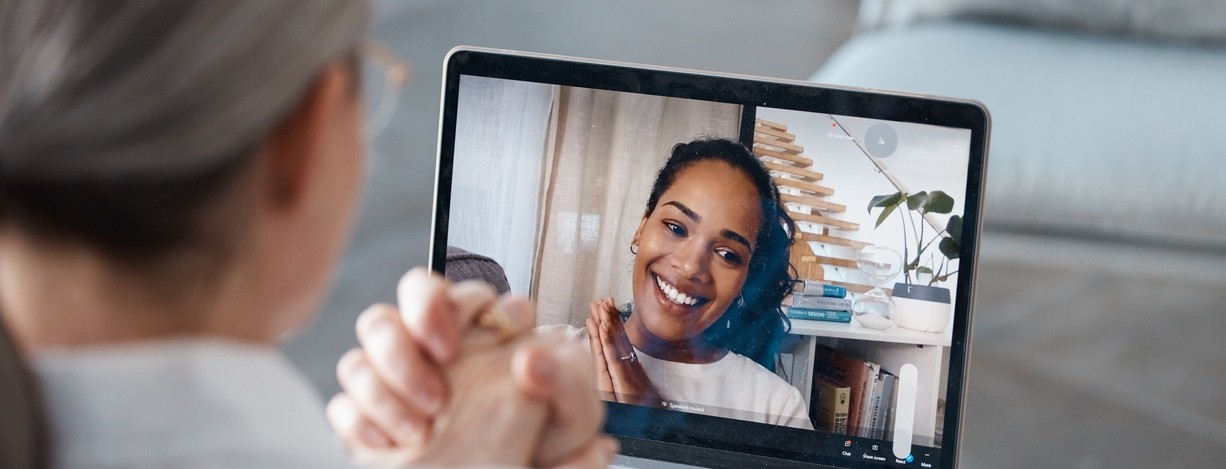
HealthTech: Benefits, privacy and pitfalls of telemental health
Telemental health services quickly expanded at the height of the COVID-19 pandemic, and the majority of patients say they prefer telehealth appointments for regular mental health visits.
The University of Cincinnati's Kate Chard, PhD, professor of psychiatry and behavioral neuroscience, told HealthTech that patients and providers alike enjoy the flexibility and time savings associated with telemental health services.
“Technology helps us see patients more often,” Chard said. "We’ve also found that PTSD patients are less likely to drop out of therapy when we use teletherapy. One of the biggest benefits of telehealth for me is it increases the likelihood that the patient will show up for the appointment.”
Featured photo at top of telemental health appointment courtesy of iStock.
Related Stories
Love it or raze it?
February 20, 2026
An architectural magazine covered the demolition of UC's Crosley Tower.
Social media linked to student loneliness
February 20, 2026
Inside Higher Education highlighted a new study by the University of Cincinnati that found that college students across the country who spent more time on social media reported feeling more loneliness.
Before the medals: The science behind training for freezing mountain air
February 19, 2026
From freezing temperatures to thin mountain air, University of Cincinnati exercise physiologist Christopher Kotarsky, PhD, explained how cold and altitude impact Olympic performance in a recent WLWT-TV/Ch. 5 news report.
